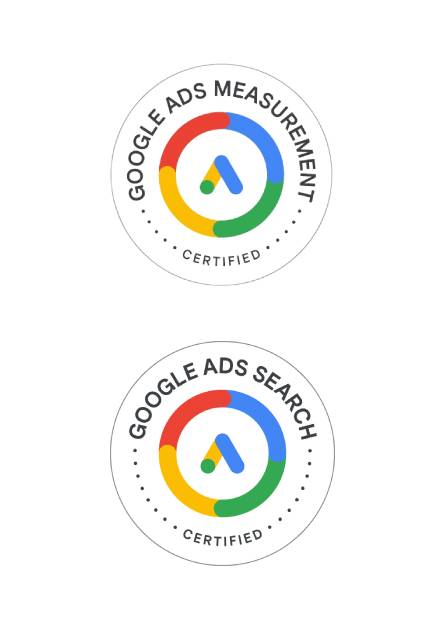PAY-PER-CLICK (PPC) MANAGEMENT:
Maximizing Your Advertising Efficiency
Pay-per-click management, often referred to simply as PPC management, involves overseeing and handling a company’s PPC ad spend. This usually includes strategy development, ad design, bid management, and continuous optimization and analysis of ad campaigns across various platforms, such as
Google Ads and Bing Ads. Effective PPC management can significantly increase a company’s return on investment (ROI) by targeting the right audience at the right time with the right messages.
Google AdWords
Advertise Your Business on Google with AdWords.
Keyword Research
Unlock Your Market Potential Now.

PPC ADVERTISING CAN BE CHALLENGING
The Role Of PPC Advertising
Most businesses can’t afford to solely rely on PPC advertising. It’s too expensive, and bid
amounts inevitably climb. But pay per click can fill a few important roles


MODEL OF ADVERTISING
Profitable Pay Per Click Requires A Perfect Blend Of Mathematics And Strategic Planning Explained
We provide marketing services to startups and small businesses looking for a partner for their digital media. We work with you, not for you.
CHECK YOUR WEBSITE SEO SCORE
How Your Website Is Performing?
WHAT YOU SHOULD KNOW FOR PPC
Key Aspects of PPC Management
1. Keyword Analysis: It is fundamental to find and target the keywords potential customers use in their searches. Effective keyword management includes selection, ongoing analysis, and refinement to ensure maximum relevance and cost efficiency.
2. Channel Strategy: Deciding where to run your PPC ads is as crucial as how you run them. Options include Google Ads, Bing Ads, social media advertising, and affiliate networks. Each channel attracts different segments of web traffic and requires different strategies and approaches.
3. Monitoring: Regular monitoring of the PPC campaign is essential to understanding its effectiveness. This includes analyzing the click-through rate (CTR) and conversion rate to adjust the approach as needed to optimize the results.
4. Competitive Analysis: Understanding your competitors’ activities in the PPC space can help fine-tune your strategy. This involves analyzing their bids, ad copy and offers presented to find gaps and opportunities.
5. Campaign Optimization: Continual refinement and testing of ads, keywords, and settings can improve PPC campaigns’ overall yield. Optimization also involves intelligent bidding strategies and adjusting bids for better visibility at a lower cost.
6. Compliance and Ad Quality: Ensuring all your PPC campaigns are up to standards with search engines’ guidelines helps avoid penalties and improves campaign effectiveness. High-quality, engaging ad copy also leads to better conversion rates.
Benefits of Professional PPC Management
Expertise and Experience: Professionals bring knowledge about market trends, industry-specific keywords, successful bidding strategies, and compelling ad copy.
Time Savings: Managing a PPC campaign can be highly time-consuming. Outsourcing this task to experts can free up time to focus on other business operations.
Cost Efficiency: Through expert management, businesses can avoid wasteful spending on ineffective keywords or ads that do not convert, ensuring every dollar of the ad spend goes further.
Advanced Tools: Professional PPC managers can access advanced tools for more accurate tracking and deeper insights, which can be costly for companies to access independently.
Strategic Insight: Experienced PPC managers can craft a cohesive strategy that integrates with the company’s broader marketing and sales goals.
Conclusion
Effective PPC management is crucial for the success of paid search campaigns. By leveraging professional expertise, businesses can ensure that their PPC campaigns are optimized, relevant, and efficient, leading to better performance, higher ROI, and ultimately, greater business success. Whether managing campaigns in-house or outsourcing to professionals, a strategic approach to PPC management will undoubtedly yield substantial benefits.

 seolounge
seolounge

